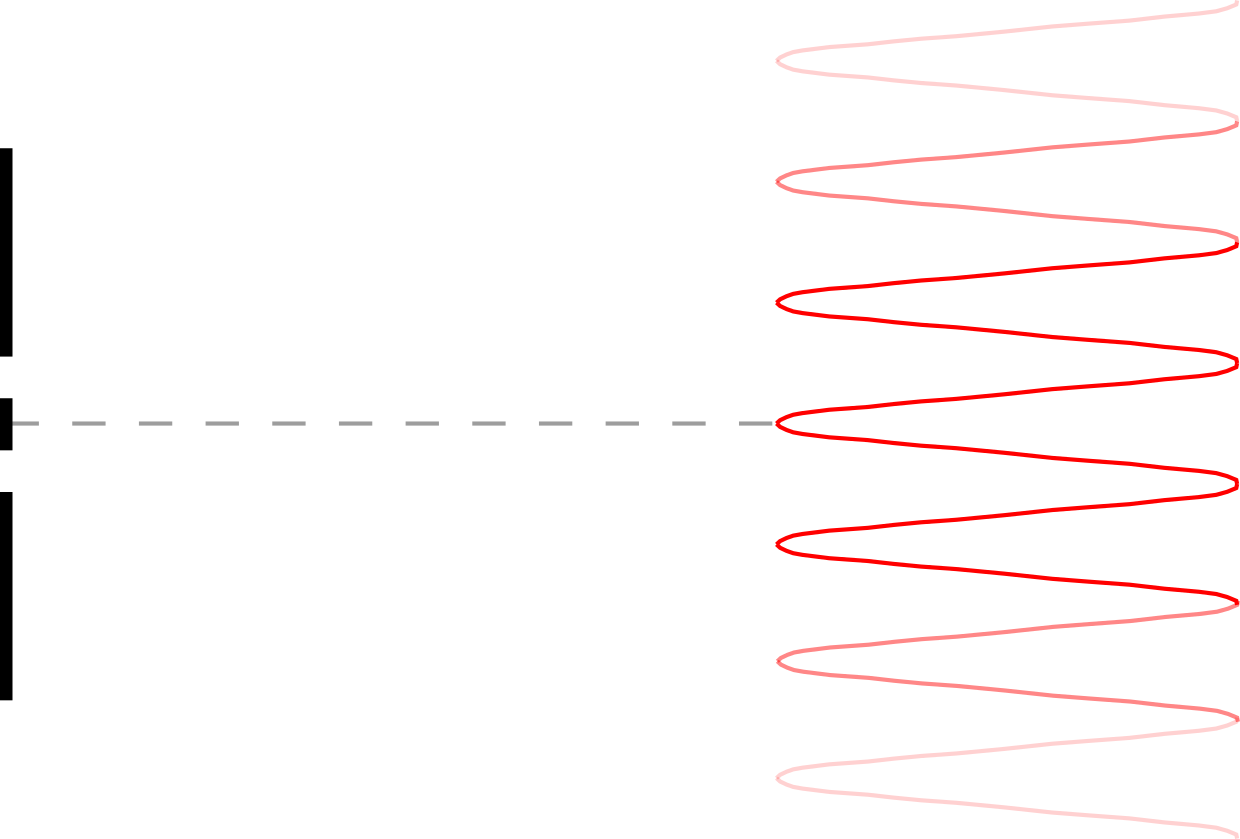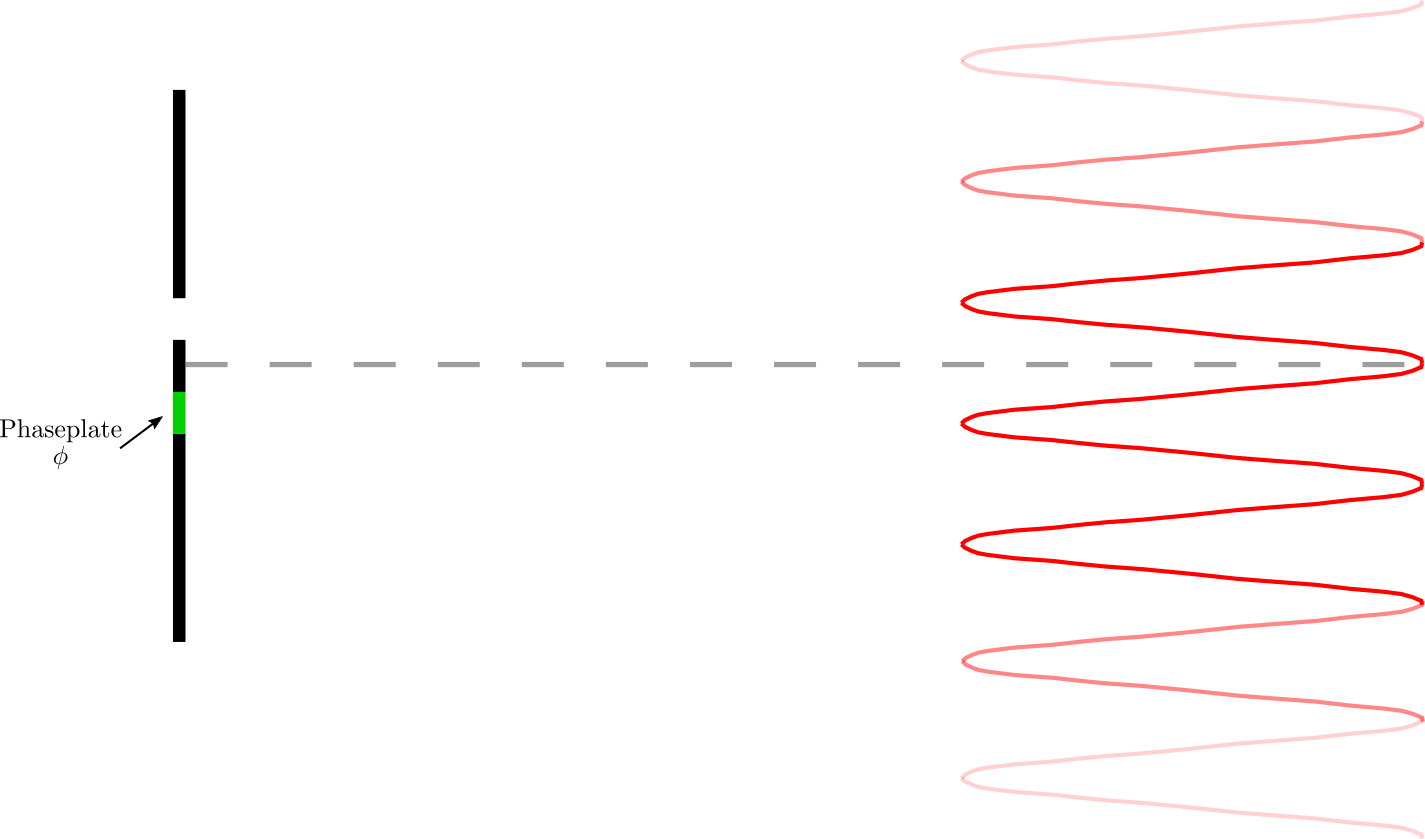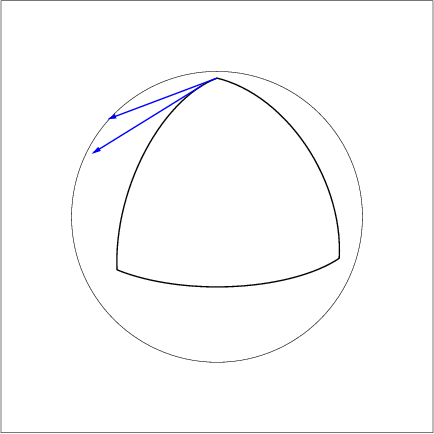Let's say, that we are in possesion of a very simple quantum system, whose state can be written as
$$ |\psi\rangle = c_0 |\psi_0 \rangle + c_1 |\psi_1\rangle.$$
Now, we can change this state in two ways:
1) By adding global phase:
$$ |\psi'\rangle = e^{i\theta}|\psi\rangle = e^{i\theta} (c_0 |\psi_0 \rangle + c_1 |\psi_1\rangle).$$
2) By adding a relative phase difference between $|\psi_0\rangle$ and $|\psi_1\rangle$:
$$ |\psi''\rangle = c_0 |\psi_0 \rangle + e^{i\phi}c_1 |\psi_1\rangle.$$
I know that in an experiment we cannot detect the global phase from case 1), but we can measure the relative phase from case 2). But I cannot figure out any tangible example of these phases. Can you give one?
(*) Additional question: I've heard something about the Berry phase. Can you explain how this one relates to the first two? If you are able to even give some "real world" example showing this relation, it would be wonderful!



